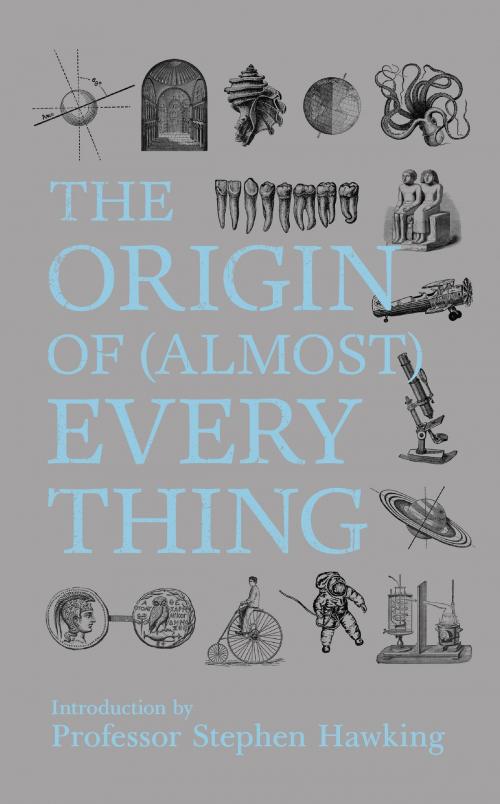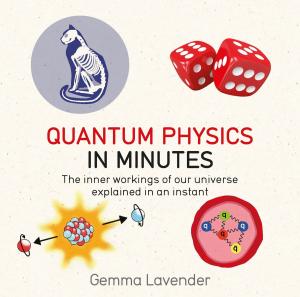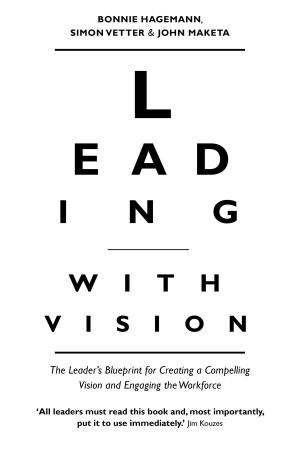| Author: | New Scientist, Graham Lawton | ISBN: | 9781857889390 |
| Publisher: | Quercus | Publication: | October 25, 2016 |
| Imprint: | Nicholas Brealey | Language: | English |
| Author: | New Scientist, Graham Lawton |
| ISBN: | 9781857889390 |
| Publisher: | Quercus |
| Publication: | October 25, 2016 |
| Imprint: | Nicholas Brealey |
| Language: | English |
From what actually happened in the Big Bang to the accidental discovery of post-it notes, the history of science is packed with surprising discoveries.
Did you know, for instance, that if you were to get too close to a black hole it would suck you up like a noodle (it's called spaghettification), why your keyboard is laid out in QWERTY (it's not to make it easier to type) or why animals never evolved wheels? New Scientist does.
And now they and award-winning illustrator Jennifer Daniel want to take you on a colorful, whistle-stop journey from the start of our universe (through the history of stars, galaxies, meteorites, the Moon and dark energy) to our planet (through oceans and weather and oil) and life (through dinosaurs to emotions and sex) to civilization (from cities to alcohol and cooking), knowledge (from alphabets to alchemy) ending up with technology (computers to rocket science).
Witty essays explore the concepts alongside enlightening infographics that zoom from how many people have ever lived, to showing you how a left-wing brain differs from a right-wing one...
From what actually happened in the Big Bang to the accidental discovery of post-it notes, the history of science is packed with surprising discoveries.
Did you know, for instance, that if you were to get too close to a black hole it would suck you up like a noodle (it's called spaghettification), why your keyboard is laid out in QWERTY (it's not to make it easier to type) or why animals never evolved wheels? New Scientist does.
And now they and award-winning illustrator Jennifer Daniel want to take you on a colorful, whistle-stop journey from the start of our universe (through the history of stars, galaxies, meteorites, the Moon and dark energy) to our planet (through oceans and weather and oil) and life (through dinosaurs to emotions and sex) to civilization (from cities to alcohol and cooking), knowledge (from alphabets to alchemy) ending up with technology (computers to rocket science).
Witty essays explore the concepts alongside enlightening infographics that zoom from how many people have ever lived, to showing you how a left-wing brain differs from a right-wing one...















